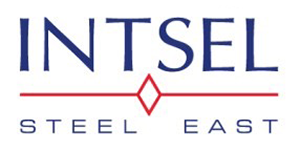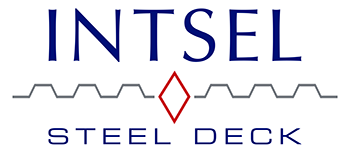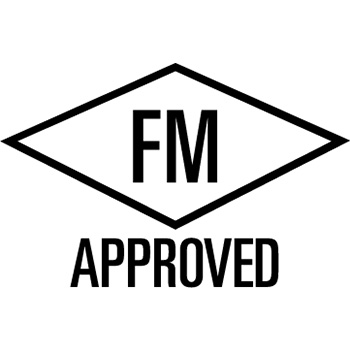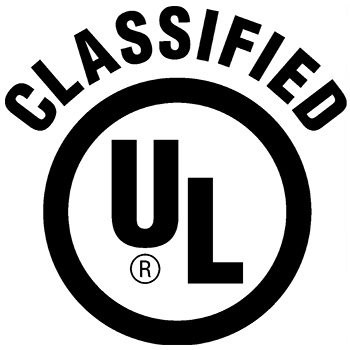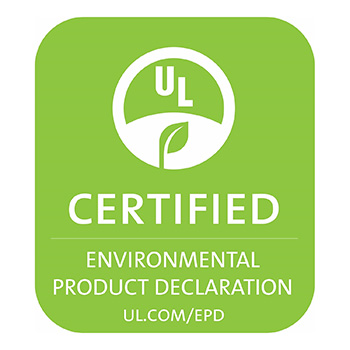Understanding Steel Rebar Sizes and Grades
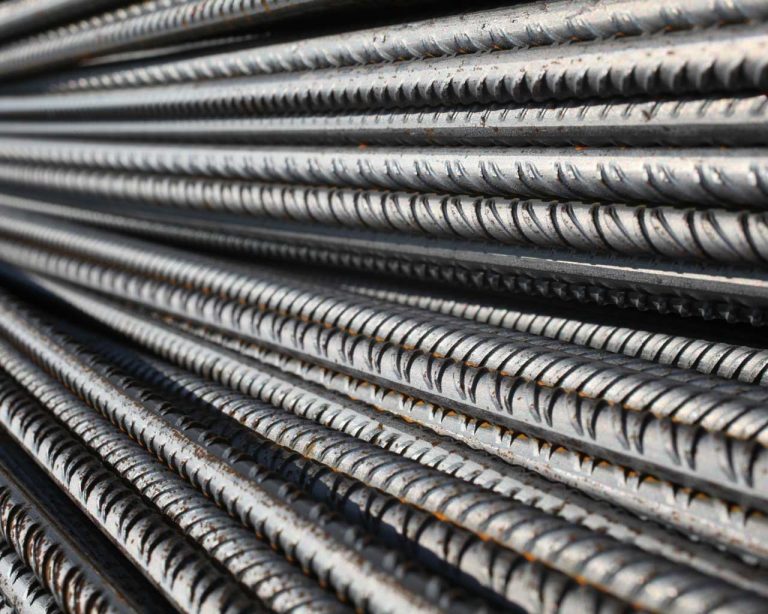
In the world of construction, steel rebar is the unsung hero that gives concrete structures their strength and durability. Whether you’re building a simple driveway or a multi-story building, choosing the right rebar is crucial for structural integrity. Let’s explore the essential aspects of steel rebar sizes and grades to help you make informed decisions when buying steel products for your next construction project.
The Basics of Steel Rebar
Steel reinforcement bars, commonly known as rebar, are embedded in concrete to increase its tensile strength. Concrete excels at handling compression forces but needs reinforcement to withstand tension and bending. This is where rebar comes into play, creating a composite material that can handle both types of forces effectively.
Decoding Steel Rebar Sizes
Rebar sizes are standardized and identified by numbers that correlate to their diameter. The size designation (#3, #4, etc.) roughly corresponds to the bar’s diameter in eighths of an inch. Here’s a breakdown of common rebar sizes and their typical applications:
Common Steel Rebar Sizes and Applications
- #3 Rebar (3/8″ or 0.375″ diameter): Ideal for residential applications like patios, driveways, and swimming pools where structural demands are lighter.
- #4 Rebar (1/2″ or 0.5″ diameter): The workhorse of the construction industry, commonly used in concrete slabs, columns, and highway construction.
- #5 Rebar (5/8″ or 0.625″ diameter): Provides greater strength for more demanding applications such as bridges, freeways, and foundation walls.
- #6 to #11 Rebar (3/4″ to 1-3/8″ diameter): These increasingly thicker bars serve in retaining walls, foundations, multi-story structures, and load-bearing elements.
- #14 and #18 Rebar (1-3/4″ and 2-1/4″ diameter): Reserved for major projects like docks, high-rise buildings, and industrial facilities where exceptional strength is required.
The size you choose directly impacts the reinforcement’s weight, strength, and cost. Selecting the appropriate size ensures structural integrity without unnecessary expense.
Understanding Steel Rebar Grades
While size refers to the physical dimensions, rebar grade indicates its strength properties. The grade number represents the minimum yield strength in pounds per square inch (PSI). This is the point at which the steel begins to deform permanently under stress.
Primary Rebar Grades and Their Uses
- Grade 40 (40,000 psi): Once common but now primarily used in light-duty applications or for bending into specific shapes.
- Grade 60 (60,000 psi): The current industry standard for most construction projects in the United States, offering excellent strength-to-cost ratio.
- Grade 75 (75,000 psi): Used in heavy-duty applications where higher strength is required without increasing the amount of steel.
- Grades 80 to 150: Specialized high-strength rebar for demanding projects that require exceptional tensile strength, such as seismic-resistant structures or high-rise buildings.
Other specific grades you might encounter include:
- A36: Features a tensile strength of 58 KSI and yield strength of 36 KSI, suitable for general construction applications.
- M1020: Offers a tensile strength of 63 KSI with a Brinell hardness of 126, providing good balance between strength and workability.
- A588: Provides tensile strengths from 63 KSI to 70 KSI depending on thickness, particularly valuable for weathering steel applications where corrosion resistance is important.
Types of Steel Rebar
Beyond sizes and grades, rebar comes in different types based on its coating or composition:
Standard Carbon Steel Rebar
The most common type, made from carbon steel and often featuring ribs or deformations that enhance bonding with concrete.
Galvanized Rebar
Coated with zinc through hot-dip galvanizing, this rebar offers superior corrosion resistance—up to 40 times more resistant than traditional steel. It’s particularly valuable in marine environments or where exposure to de-icing salts is expected.
Epoxy-Coated Rebar
Features a protective epoxy coating that prevents corrosion, extending the lifespan of structures exposed to corrosive elements.
Stainless Steel Rebar
Though more expensive, stainless steel rebar provides exceptional corrosion resistance without coating, making it ideal for critical structures in harsh environments.
Fiberglass Rebar
Non-metallic, non-corrosive, and non-magnetic, fiberglass rebar works well in specialized applications where steel might be problematic, such as MRI facilities or highly corrosive environments.
Quality Standards for Rebar
Quality matters tremendously when it comes to rebar. Look for products that meet established standards:
- ASTM A615: Standard specification for deformed and plain carbon-steel bars.
- ASTM A706: Specification for low-alloy steel deformed bars, preferred for seismic applications.
- (TMT) Standards: Thermo-Mechanically Treated or TMT bars should pass rigorous chemical and physical tests and be free from rust, paint, or other contaminants.
Making the Right Choice
Selecting the appropriate rebar involves considering several factors:
- Structural Requirements: The size and type of structure determine the rebar size and grade needed.
- Environmental Conditions: Exposure to moisture, chemicals, or salt necessitates corrosion-resistant options.
- Budget Constraints: Balance between initial cost and long-term durability.
- Code Requirements: Local building codes often dictate minimum requirements for reinforcement.
Ask the Experts at Bushwick Metals / Intsel Steel
Understanding steel rebar sizes and grades is essential for ensuring the structural integrity of concrete constructions. By selecting the right combination of size, grade, and type, you can achieve optimal strength, durability, and cost-efficiency in your projects. Whether you’re working on a residential driveway or a commercial high-rise, the proper rebar selection lays the foundation for successful construction.
For expert guidance on selecting the right steel rebar for your specific project needs, contact Bushwick Metals / Intsel Steel, your trusted partner in construction materials.
